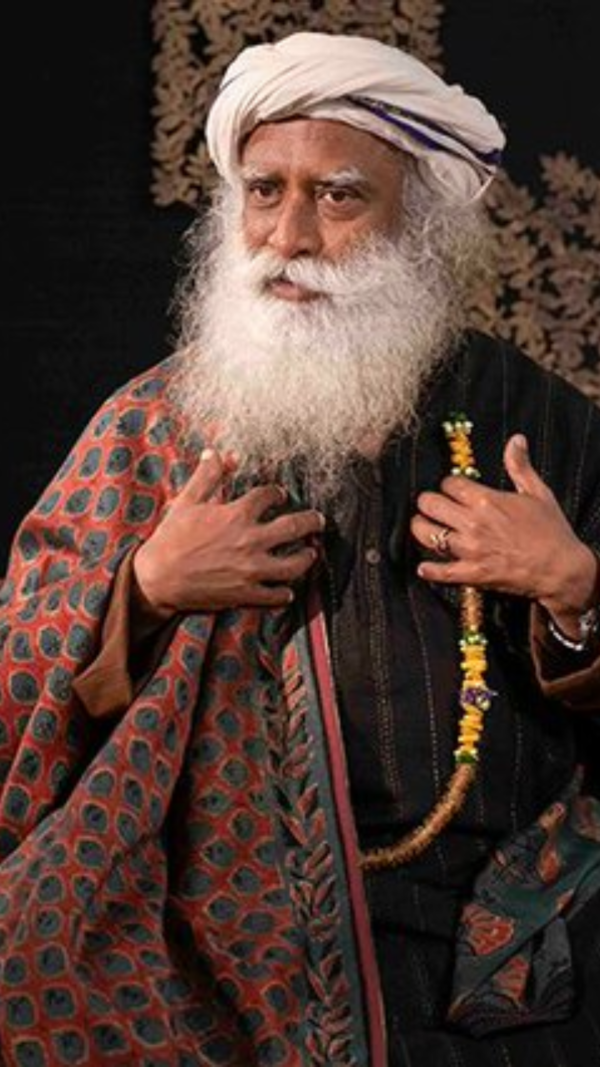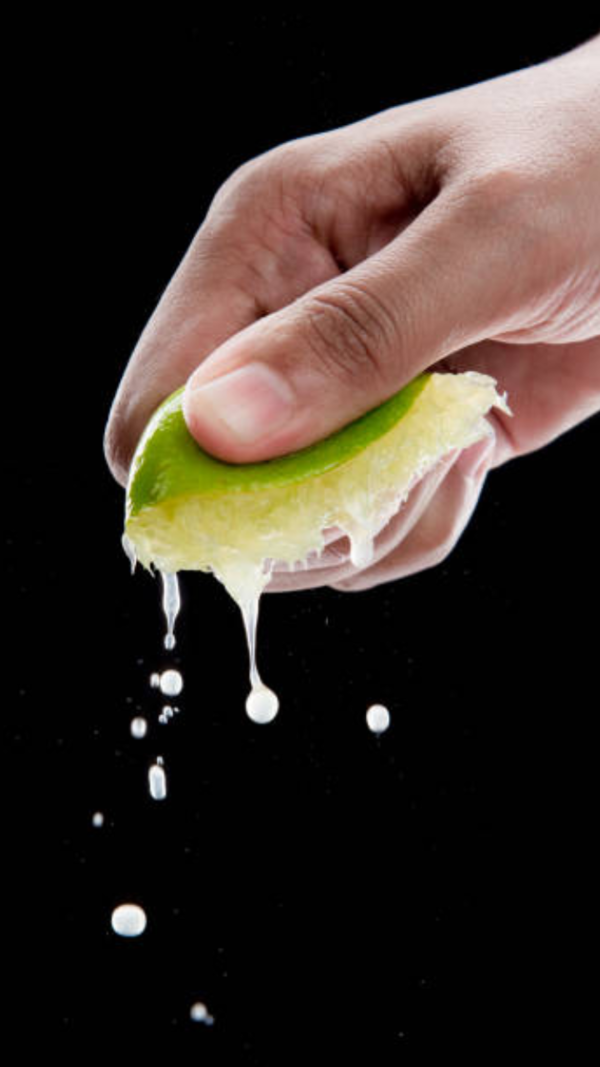- News
- lifestyle
- health-fitness
- health-news
- Samaritan blood donor who saved over 2 million babies dies at age of 88
Trending
Samaritan blood donor who saved over 2 million babies dies at age of 88
James Harrison, the 'man with the golden arm' from Australia, passed away at 88. His rare Anti-D antibody in blood donations saved over 2.4 million babies. Harrison’s regular blood plasma donations were crucial in creating medication to prevent hemolytic disease in newborns, a condition threatening Rh-negative mothers and Rh-positive babies during pregnancy.
James Harrison from Australia whose blood donation has saved over 2.4 million babies worldwide has died. He was 88.
He was fondly regarded as the 'man with the golden arm.' According to his family, Harrison died peacefully in his sleep on February 17 at a nursing home in New South Wales.
"Harrison's blood contained a rare antibody, Anti-D, which is used to make medication given to pregnant mothers whose blood is at risk of attacking their unborn babies," BBC reported.
According to the Australian Red Cross Blood Service, Harrison became a blood donor after undergoing a chest surgery at the age of 14.
What is Anti-D?
In pregnancy, if an Rh-negative mother carries an Rh-positive baby, her immune system may recognize the baby’s blood as foreign and produce Anti-D antibodies. In subsequent pregnancies, these antibodies can cross the placenta and destroy the baby’s red blood cells, causing hemolytic disease of the newborn (HDN), a serious condition leading to anemia, jaundice, and even fetal death. To prevent this, Rh-negative mothers receive an Anti-D injection (RhoGAM) during pregnancy and after childbirth to stop antibody formation.
In transfusions, giving Rh-positive blood to an Rh-negative person can also lead to Anti-D production, complicating future transfusions. Blood banks carefully match blood types to avoid such reactions.
Anti-D has also been used in medical treatments, particularly in preventing Rh incompatibility-related complications. Its discovery and use in medicine have significantly reduced cases of HDN, making it a critical component of prenatal and transfusion medicine.
End of Article
FOLLOW US ON SOCIAL MEDIA
Visual Stories
Tired of too many ads?go ad free now










